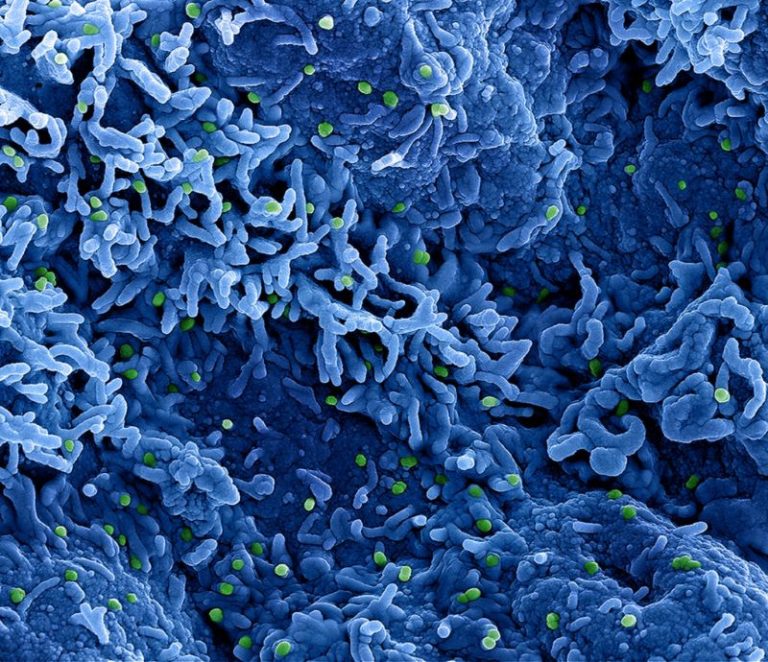The Nigeria Centre for Disease Control (NCDC) has confirmed a total of 39 Mpox cases across 33 states and the Federal Capital Territory, with no reported deaths. This was disclosed by the Director General of the NCDC, Dr. Jide Idris, during a press briefing on Thursday regarding the global declaration of Mpox as a public health emergency of international concern.
Dr. Idris emphasized that the NCDC is ramping up surveillance efforts nationwide to quickly identify and respond to any new Mpox cases. “We are working closely with all port health services across Nigeria’s five international airports, ten seaports, and 51 land and foot crossing borders, which are currently on high alert,” he stated.
ALSO READ [EXPLAINER] What Is Mpox and How Does It Spread?
He also noted that several states, including Lagos, Enugu, Kano, Rivers, Cross-River, Akwa-Ibom, Adamawa, Taraba, and the Federal Capital Territory, Abuja, have been put on heightened alert due to the potential risk of Mpox spread.
The World Health Organization (WHO) on Wednesday declared the surge of Mpox in Africa a global public health emergency, expressing concern over the rising number of cases in the Democratic Republic of Congo (DRC) and the spread of the virus to neighboring countries.
ALSO READ WHO declares Mpox a global health emergency
Following a meeting of international health experts, WHO Director-General Dr. Tedros Adhanom Ghebreyesus accepted the recommendation to classify the outbreak as a public health emergency of international concern. “This is a matter of global concern. WHO is committed to coordinating the global response, working closely with affected countries to prevent transmission, treat those infected, and save lives,” Dr. Tedros said at a press conference.
The declaration by the WHO follows a similar move by the African Union’s health watchdog, which also declared a public health emergency in response to the escalating outbreak.
ALSO READ MPox: FG escalates surveillance at entry points for early detection
Mpox, formerly known as monkeypox, has significantly impacted the Democratic Republic of Congo, where the virus was first identified in humans in 1970. The disease has since spread to other African countries. Dr. Tedros revealed that more than 14,000 cases and 524 deaths have been reported in the DRC so far this year, surpassing the total number of cases recorded in the previous year.
The NCDC’s proactive measures and WHO’s declaration underscore the global commitment to addressing the Mpox outbreak and preventing further spread of the virus.


